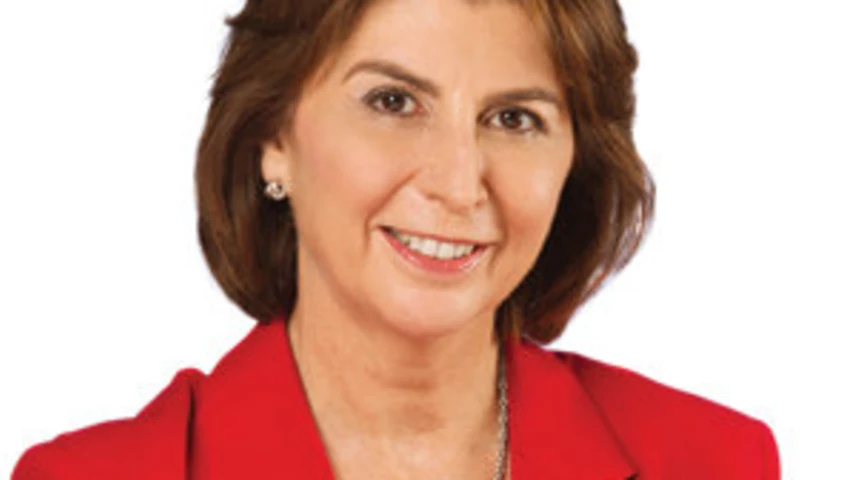Remove myths from super debate: ASFA



The Association of Superannuation Funds of Australia (ASFA) has called on industry and policy-makers to step back and consider the facts of key issues currently being publicly debated — not the myths.
High-income earners were not afforded the largest portion of government support for retirement income, it said.
Government assistance for retirement was broadly comparable across personal income brackets, according to ASFA. Taking into account age pension and tax concessions and rebates, the present value of government assistance was approximately $300,000 over a person's lifetime, it said.
Lower concessional contributions had actually decreased the level of government assistance for high-income earners, ASFA said.
"A lower-income person will receive this mostly in the form of the age pension, concessionally-taxed contributions and the low-income superannuation guarantee, while a person in the top income tax bracket will receive it as tax concessions for super," ASFA chief executive Pauline Vamos said.
The super system's aim was to deliver retirement-adequate income to all Australians, Vamos stated, which would undoubtedly require future changes — but they had to be built on the truth, not myths.
The $32 billion figure attributed to super tax concessions did not take into account the $7 billion saved annually in age pension expenditures and the leakage of savings into other tax-advantaged areas such as negative gearing, according to ASFA.
It said a true estimate of the aggregate tax concession for super on an ongoing basis would be around $16 billion — half the figure in the Tax Expenditure Statement.
Vamos dismissed suggestions that government super tax concession money could be better spent elsewhere. Superannuation increased household savings by 2 percentage points of GDP, which would rise to 2.5 per cent under an increased compulsory superannuation guarantee.
Superannuation benefit payments boosted public domestic demand by over $50 billion a year, with the potential to increase fourfold by 2040, according to ASFA.
Grassroots campaign organisation GetUp! has launched a campaign called ‘Super for some', which said $15 billion was given in super tax concessions to the wealthiest 10 per cent of the population.
Recommended for you
Australia’s largest super funds have deepened private markets exposure, scaled internal investment capability, and balanced liquidity as competition and consolidation intensify.
The ATO has revealed nearly $19 billion in lost and unclaimed super, urging over 7 million Australians to reclaim their savings.
The industry super fund has launched a new digital experience designed to make retirement preparation simpler and more personalised for its members.
A hold in the cash rate during the upcoming November monetary policy meeting appears to now be a certainty off the back of skyrocketing inflation during the September quarter.










